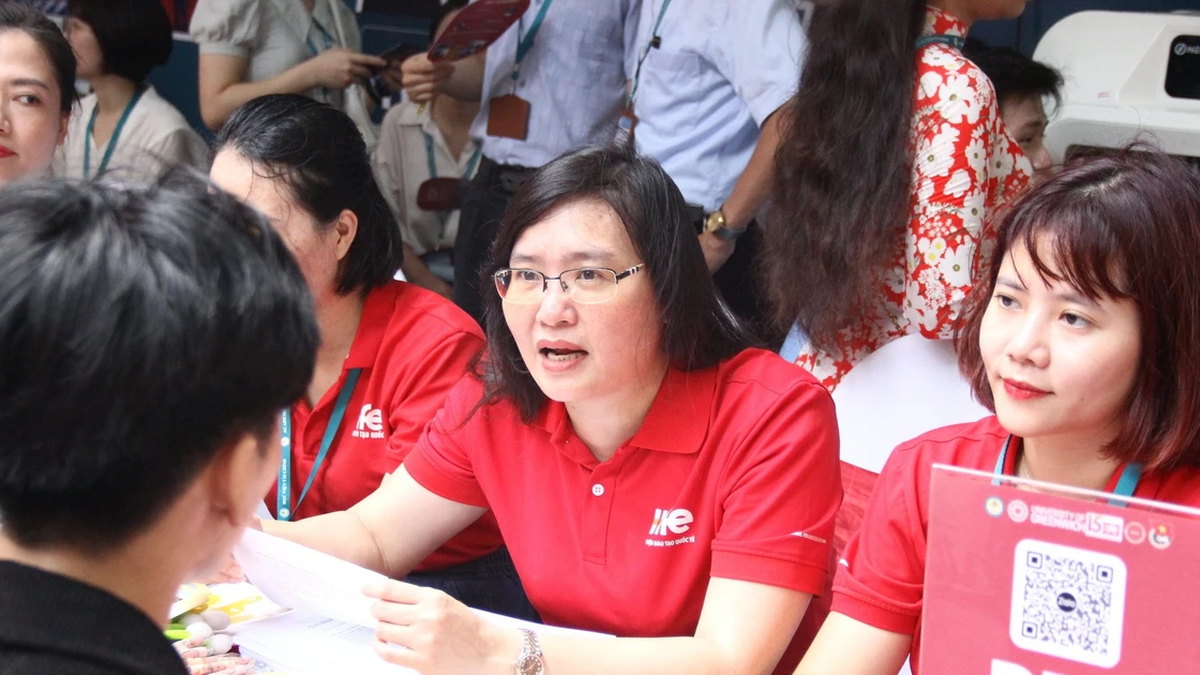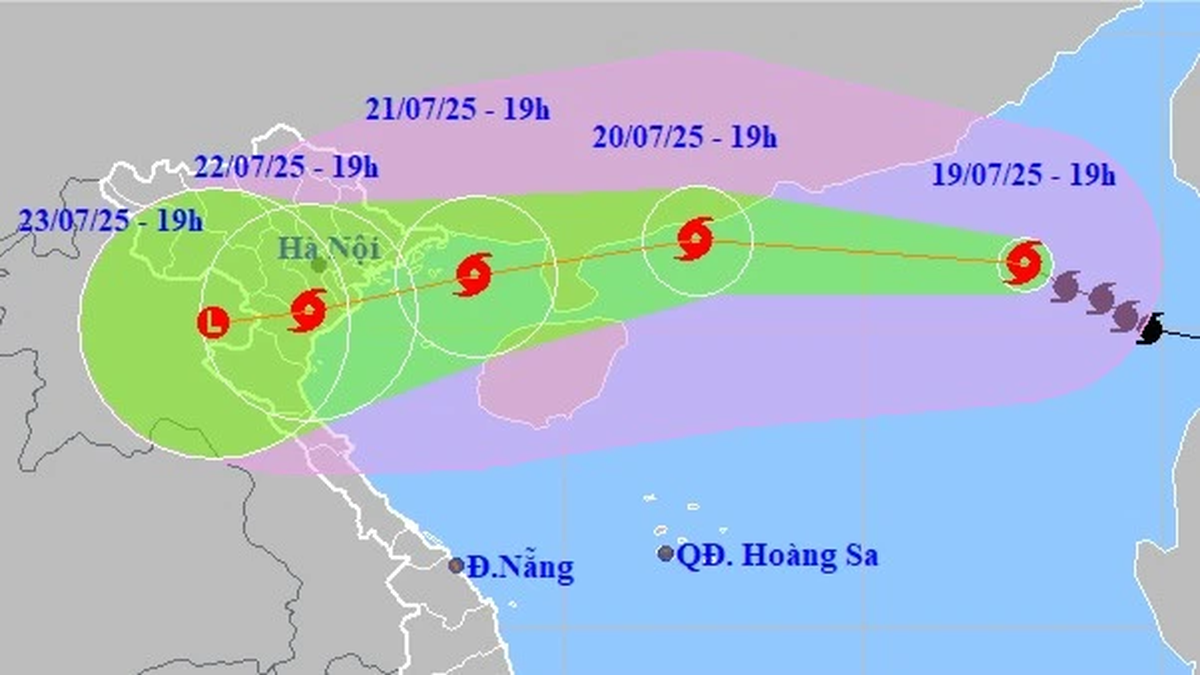After studying abroad but finding it difficult to find a job, many young people in China have to continue their studies or change their major to increase their competitiveness.
Gan Ziping, a Chinese student at Meiji University in Japan, returned to China in April after completing his MBA. Six months later, he still hasn’t found a job, despite applying hundreds of times. Many of Gan’s friends are in the same boat.
More than 1.2 million Chinese students studying abroad are expected to return home this year, according to recruitment site 51job Inc. Domestically, the number of college graduates is 11.6 million. Both are record numbers. But the economy has yet to recover from the pandemic, making it difficult for companies to expand hiring to meet those numbers.
Companies in online education , technology and real estate, which attract the most young workers, are all in the doldrums. The unemployment rate for people under 25 hit a record 21.3% in June, according to China’s National Bureau of Statistics.
In addition, more than 50% of employers require international students to have a master's or even doctoral degree, according to a survey by the New Oriental Education and Technology Group.
Gao Yang, a bachelor of business from Oregon State University and a master of business school from the University of Warwick (UK), was recently hired as a management trainee for a study abroad consulting company in Beijing. Gao said all the candidates who participated in the group interview with him graduated from the top nine universities in China and had master's degrees from foreign countries.

Students enrolling at the University of Warwick, UK. Photo: University of Warwick
Many international students and employers say that foreign degrees are losing ground in China. The main reasons include: international students' reduced language advantage, limited internship experience and the mismatch between degrees and actual jobs.
A human resources officer at a Fortune 500 company said the company wants to hire recent graduates with experience in internships at schools or companies in the country. However, international students have difficulty meeting the requirements because domestic internships are often quite long.
With difficulty entering the job market, many people choose to pursue higher education. According to a March report by EIC Education, China’s leading study abroad agency, the majority of Chinese international students are in the master’s group (81.2%). In the 2021-22 academic year, more than 123,000 Chinese students studied postgraduate in the US, up more than 3.6% from the previous year. In the UK, the figure was more than 88,700, up 6%.
According to the EIC, 25% of international postgraduate students change their major, either to increase their competitiveness or because it is their preferred choice. Master's courses in business and economics are the most popular (42.4%), while at the doctoral level, Chinese researchers prefer Engineering (54%).
Huy Quan (According to Caixin, New York Times, SCMP)
Source link























![[Photo] National Assembly Chairman Tran Thanh Man visits Vietnamese Heroic Mother Ta Thi Tran](https://vphoto.vietnam.vn/thumb/1200x675/vietnam/resource/IMAGE/2025/7/20/765c0bd057dd44ad83ab89fe0255b783)












































































Comment (0)